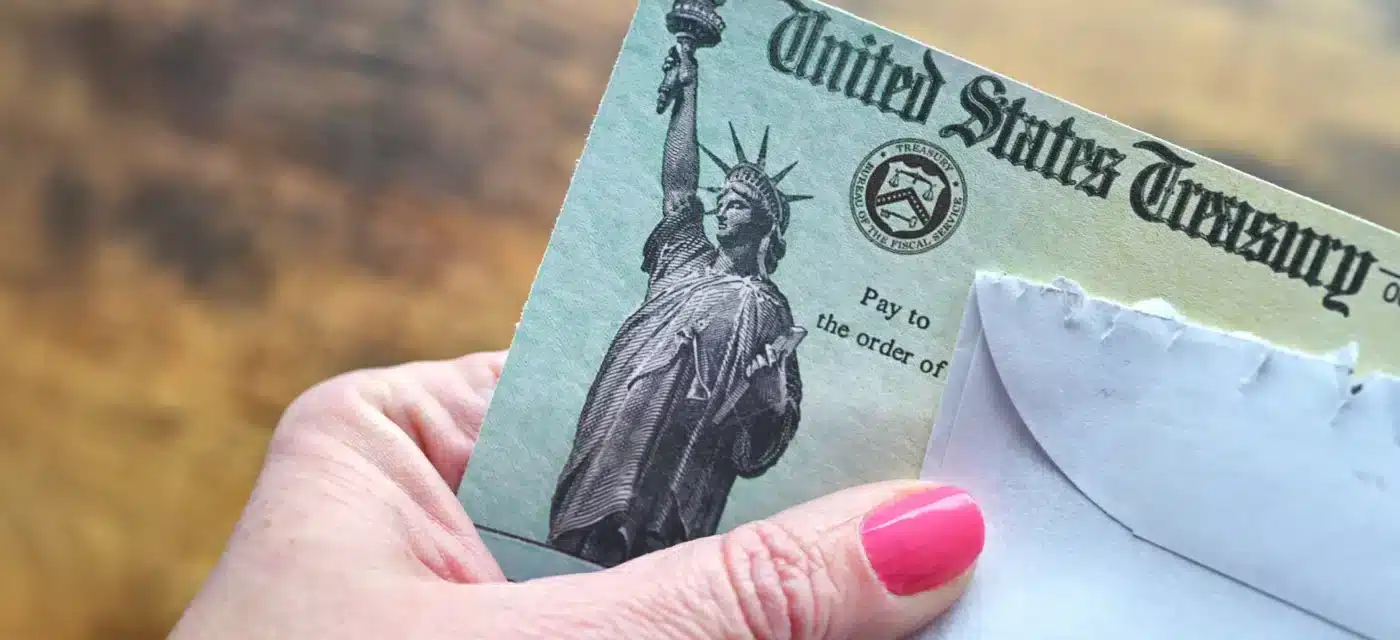4 Financial Steps To Take After A Natural Disaster
As your credit union, we’re always here to help if you need assistance. Here are four financial steps to take after a natural disaster.

When a natural disaster strikes, the immediate focus is on safety. But after the disaster is over, it’s time to assess the damage and take action to move forward.
Here are four steps you can take to prepare your finances after a natural disaster.
Four Steps To Take
Review Your Cash Flow
Depending on the severity of the situation, you might need to step away from work, which will impact your income. In these situations, talk with your employer about options such as the Family Medical Leave Act (FMLA). This gives you up to 12 weeks of unpaid leave per year while still maintaining health insurance coverage.
You may also have the option of applying for Disaster Unemployment Assistance to provide help after a declared disaster period. The Texas Workforce Commission, provides temporary assistance and benefits for individuals who’ve lost their jobs, are self-employed, or are no longer working during a disaster assistance declaration period. This can help individuals who applied but aren’t eligible for regular unemployment benefits.
Review Your Expenses
If you’re unable to return home or need to cut back on spending, evaluate your expenses to see what can be temporarily canceled. For example, consider calling your cable/internet companies to suspend service. Call the companies as soon as possible to explain the situation and ask how they can help you.
If you purchase anything as a result of the disaster, keep the receipts. You may need them for taxes, insurance, and any assistance programs. For basic necessities such as food and clothing, reach out to organizations providing disaster relief for information and assistance.


BALANCE
Take advantage of free financial education from our partner, BALANCE. From confidential coaching to videos and articles, get the resources you need to help with your fiscal matters.
Notify Your Creditors
If you have a mortgage, auto loan, personal loan, etc., call the lender to let them know what happened. You’ll need to discuss payment options, especially if you are unable to work or if you know you may not be able to make an upcoming payment. Additionally, if something that has a loan, such as a car or a house, has been damaged, you’ll want to let them know and follow up after you’ve talked with your insurance companies.
Document The Damage
If there’s any damage, be sure to take pictures and document what took place. Call your insurance companies and bring them up-to-date. If you haven’t done so already, take some time to create an inventory that outlines what all was lost or damaged. Your insurance company will provide you with specifics on what to do and how to move forward.
Don’t sign any final payments/bills until you’ve had an adequate amount of time to survey damage. Sometimes it can take weeks before you notice hidden damages.
A+FCU Tools & Services
Download the A+ Mobile App to access your online banking at any time. You can transfer funds between shares, make loan payments, deposit checks, conduct Member to Member transfers, and more.
Surcharge-free ATMs can be found through Visa ATM Alliance search feature.
As your credit union, we’re always here to help if you need assistance. Please call us at 512.302.6800 to discuss options.


A+ Mobile App
Take your accounts on the go and manage your money wherever you are. Get the A+ Mobile App to take advantage of our helpful financial tools.
Related Articles
Paper Checks Eliminated – Why Government Check Recipients Need To Act Now

The federal government will soon eliminate paper checks for most federal payments. If you’re impacted, act now for a seamless transition.
How Long Should I Keep My Bank Statements and Financial Documents?

Determining whether to keep or shred bank statements and financial documents can be confusing – use our simple guide to get started.
3 Reasons To File Your Taxes ASAP

Tax season has begun and if your tax documents aren’t available yet, they will be soon! File ASAP to avoid these additional stressors.
